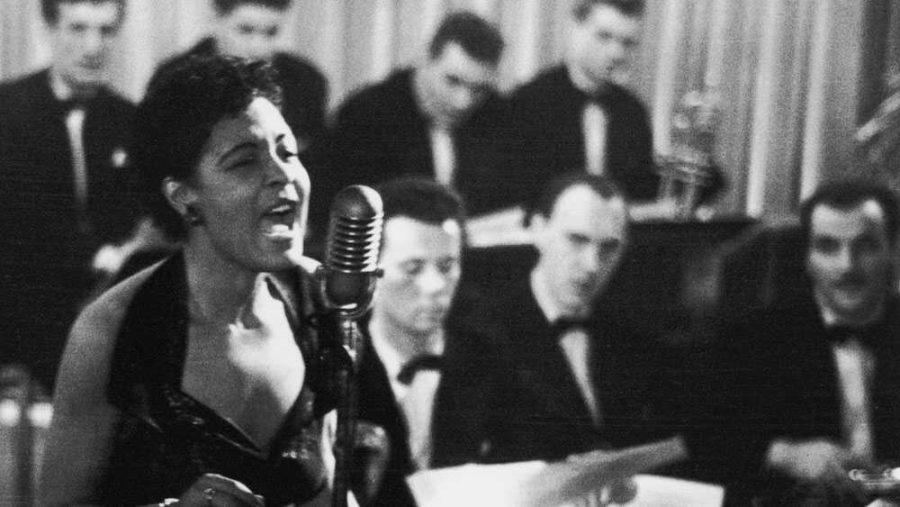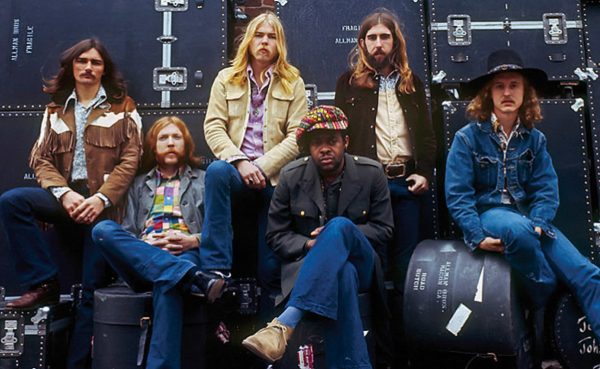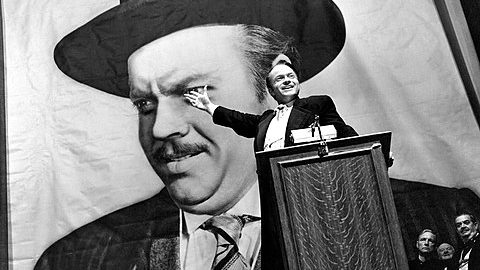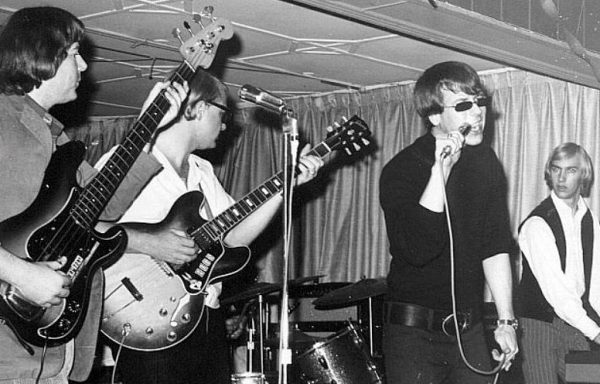The Lasting Legacy of Strange Fruit: Behind One of America’s Most Controversial Songs
“Southern trees bearing a strange fruit Blood on the leaves and blood at the root Black bodies swinging in the Southern breeze Strange fruit hanging from the poplar trees”
Oct 13, 2021
In all of American history, there has never been a song as controversial as “Strange Fruit.” According to NPR, his song was originally a poem which was originally adapted into a song. The son of Jewish immigrants, Meerpol was a teacher in his later life who would teach renowned American novelist James Baldwin. “Strange Fruit” was Meerpol’s most famous piece of work, his legacy. He was inspired to write it after seeing a graphic photograph of a Black man who was lynched; this shaped the theme of the song, a protest against lynchings of Black people in the United States.
The song only picked up attention, though, after Billie Holiday, a prolific jazz and swing singer, decided to sing it. The lyrics struck a chord with Holiday, as it reminded her of her own father, who died at 39 after being turned away from a hospital because he was Black.
When she first performed it in New York City, she immediately received negative press, as people felt that “Strange Fruit” fostered discomfort due to the painful but true lyrics. According to the LA Times, the Federal Bureau of Narcotics (FBN) even pursued Holiday in the hopes that she would stop singing the song, yet she refused. Even on her deathbed, she was handcuffed by the FBN in an attempt to control her. Holiday’s refusal to back down is a beautiful act of defiance and marked the start of the Civil Rights Movement. “Strange Fruit” forces us to confront our history and make sure it is never forgotten or repeated.













